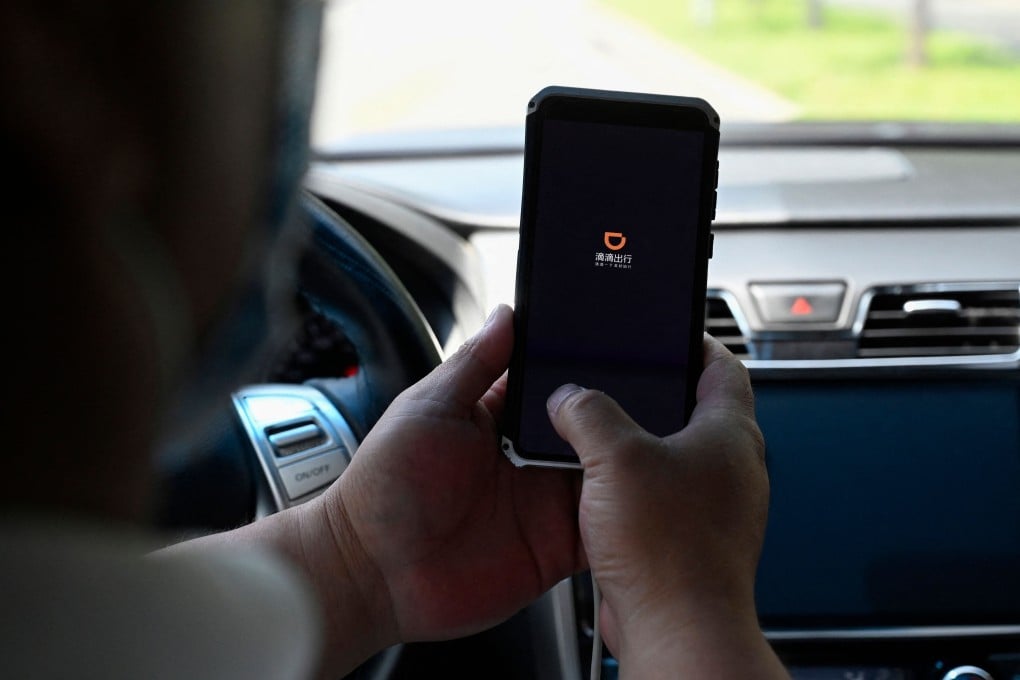Beijing orders ride-hailing firms to end ‘vicious competition’ as Didi Chuxing’s cybersecurity investigation continues
- Chinese regulators told 11 ride-hailing platforms, including Meituan and Didi Chuxing, to stop ‘disorderly expansion’ and using ‘false publicity’ for recruiting
- Didi’s rivals have been trying to grab more market share while the industry giant remains preoccupied by Beijing’s cybersecurity probe

Regulators said that ride-hailing firms must not “use capital to engage in vicious competition and disorderly expansion”, and they especially cannot “induce” drivers to join their platforms through “false publicity”, according to a statement published by China’s Ministry of Transport.
The transport authority was one of the five government bodies that summoned the companies for a meeting on Wednesday. It joined China’s internet watchdog the Cyberspace Administration of China (CAC), which is in charge of the investigation into Didi, the Ministry of Industry and Information Technology (MIIT), the Public Security Bureau and the State Administration for Market Regulation (SAMR).
The agencies said they discovered some ride-hailing platforms had been fighting for market share by recruiting unlicensed drivers and vehicles, allowing them to operate illegally.
The companies were told to purge vehicles and drivers that do not meet standards to ensure safety, improve drivers’ working conditions and protect data security.
Since then, domestic competitors have been ramping up efforts to expand their presence in Chinese cities.